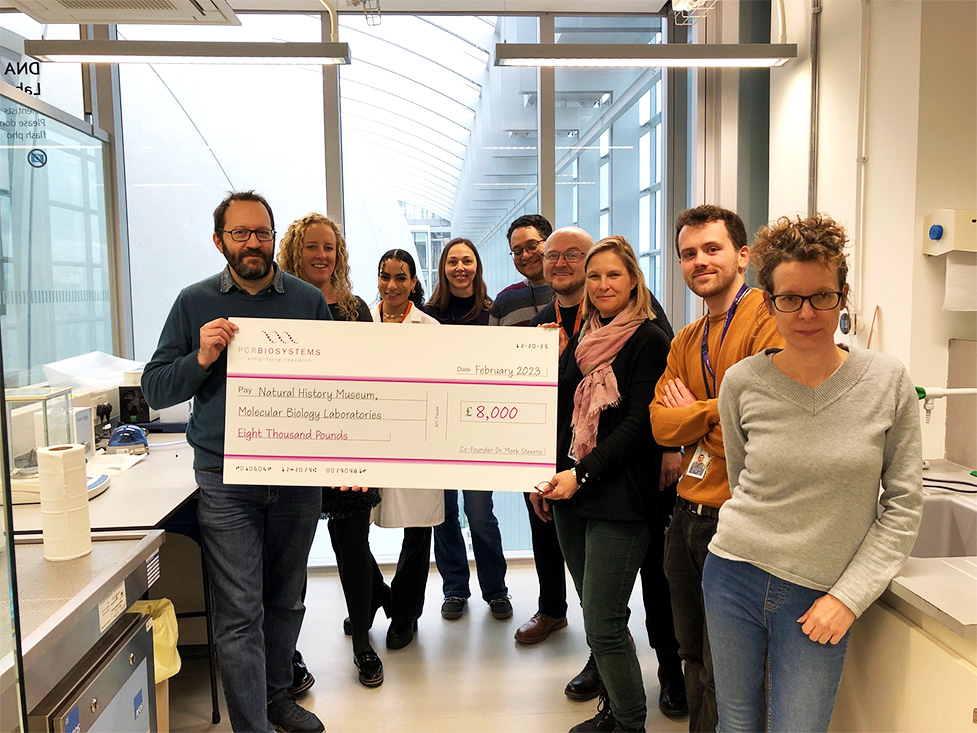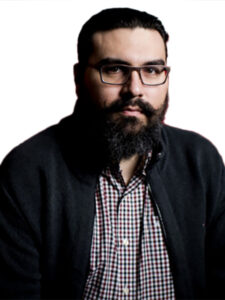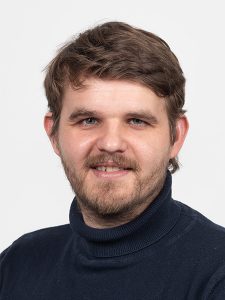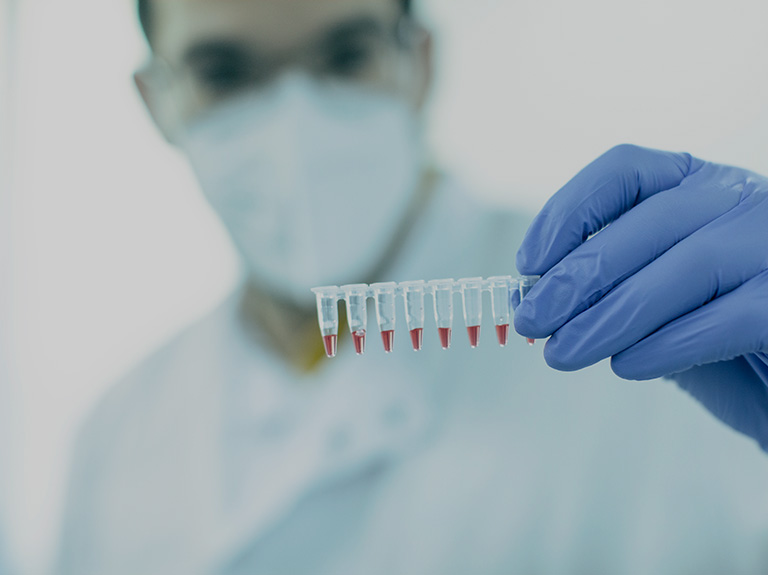The application window for the PCRBIO Research Grant is now closed. Please do not submit an application, as it will not be considered. Results will be announced in January 2024.
The grant offers a total of $10,000 funding for PCR reagents to scientists working in human health, microbiology, plant sciences, environment and sustainability, and all other research areas with a biological focus or which require plenty of PCR.
Applications will run from 1st September until 30th November 2023. The results will be announced, and funding will commence, in January 2024.
The PCRBIO Research Grant will be awarded as follows:
- A main award of $6,000 of PCR reagents over 3 years
- 4 runner up prizes of $1000 of PCR reagents
- Help and technical support with all PCR related queries pertaining to our reagents
This award is ideal for PhD students, post-doctoral researchers, and academics looking for extra funding to expand their lab. To apply, simply complete the application form below.
This webpage is for applicants in the USA, if applying in the UK, follow this link.

This grant is open to full-time academic researchers of all levels, from PhD candidates to principal investigators, including lab technicians and lab managers, who submit applications on time. The grant is only available to researchers at US academic institutions. For a parallel UK grant click here.
We encourage members of the same lab group to submit a single joint application describing all PCR work that is carried out in their lab, rather than submitting individual applications.
Criteria evaluated include:
- Expected impact on the field of study
- Expected broader impact (social/medical/healthcare/diagnostic)
- Novelty
- Clarity, completeness
- How realistic is the requirement for the requested number of PCR reactions?
- Grants will be made out to the hosting laboratory (i.e., if you move laboratories before the grant funds are exhausted these will remain with the recipient host laboratory) in the form of credit with PCR Biosystems.
- By submitting your application, you certify that you have been granted all permissions required by your academic supervisor or department to process this grant. It is your responsibility to ensure this is the case prior to submission.
- This grant covers all PCR Biosystems reagents, excluding dNTPs and DNA markers. Exceptions can be made when a reasonable quantity of these two product types is ordered along with any enzyme and only by separate communication with your PCR Biosystems account manager.
- Funding will commence in January 2024 and recipients will be able to place orders up to the maximum allotted amount at their discretion, in as many orders as they choose, until midnight December 31, 2027, or until the allotted funds are exhausted, whichever occurs first. Reagent cost will be deducted from the grant at the product list price.
- Grant applications will be assessed by an internal team of PCR experts and a shortlist will be reviewed by a mixed judging panel of internal and external research experts.
- PCR Biosystems retains the right to exclude any application, without giving a reason, at our own discretion.
- Multiple applications from the same individual will not be considered.
- Only one grant will be awarded per research group.
- Grant recipients consent to their identity and institute name being published on the PCR Biosystems website, social media, and on other promotional materials.
- Grant recipients agree to share at least one piece of content (lab photo or video, data image, video discussing their work with PCR Biosystems reagents, or other similar piece of content) with PCR Biosystems for promotional use. The main grant ($6000 prize) recipient agrees to share one such piece of content annually.
- Grant recipients agree to acknowledge PCR Biosystems funding on all works containing data generated with PCR Biosystems reagents acquired as part of the grant.
- Your personal data will be used for the purposes described in our privacy policy.

Dr. Javier Fernández Juárez
Assistant Professor
St. John’s University, New York
Dr. Javier Fernández Juárez is an Assistant Professor at St. John’s University (Queens, New York) where he leads a synthetic microbiology lab. Dr. Juárez was originally trained as an environmental microbiologist at the Spanish National Research Council (CSIC). With the aim of creating synthetic biology tools within the microbiology space, he started to work on the construction of custom-made transcription factors at Harvard Medical School and on kill-switch genetic circuits at the Forsyth Institute. He currently works on the development of novel whole-cell biosensors as well as on the assembly of biocontainment tools.

Dr. Carla Asquith
Scientist
Sanofi
Dr Carla Asquith is a scientist in the high-throughput screening and automation team in the mRNA center of excellence at Sanofi. In this role she evaluates the potency of vaccine candidates and contributes to the advancement of new technologies. Prior to this position she obtained her PhD in Molecular Biology from the University of Huddersfield investigating proteins involved in DNA repair.

Dr. Virginia Camacho
Post-Doctoral Research Fellow
Boston Children's Hospital
Virginia Camacho (Ginny) received her PhD at the University of Alabama at Birmingham in the lab of Robert Welner where she focused on Treg regulation of the bone marrow microenvironment and the application of T cell-based therapies in myeloid malignancies. Her goal is to dissect the effects of age-associated somatic mutations on megakaryocyte function in the context of aging and cardiovascular disease. Outside the lab Ginny enjoys reading, hiking, and cuddling with her puppy.

Dr. Constantine Garagounis
Product Marketing Specialist
PCR Biosystems
Dr. Constantine Garagounis studied Biochemistry and Biotechnology and has a DPhil in Plant Sciences from the University of Oxford. He worked as a post-doctoral researcher and contract lecturer on plant secondary metabolism and how it affects plant microbe interactions. He has conducted various research projects in plant synthetic biology and engineering plant metabolic pathways and lectured in corresponding courses. He is currently working as a Product Marketing Specialist for PCR Biosystems.



